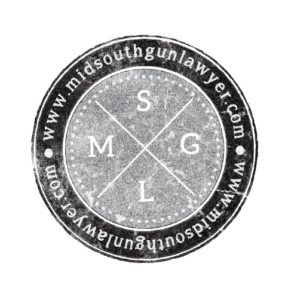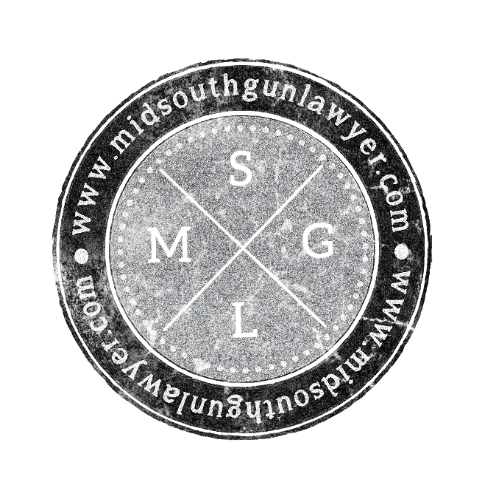- Unlicensed Carry/Deadly Weapon Defined
The law on carrying a deadly weapon differs depending on whether the weapon is carried openly or concealed.[54] “Concealed” is defined as “hidden or obscured from common observation.”[55] A firearm or other deadly weapon listed in § 97-37-1(1) carried on the person in a sheath, holster, or scabbard which is “wholly or partially visible” is not “concealed.”
Mississippi permits a person over the age of eighteen to carry, concealed or in plain view, a firearm or other “deadly weapon” in their home (including public housing),[56] place of business, and vehicle,[57] or while participating in or traveling to a “legitimate weapon-related sports activity” without a license.[58] A person may also carry, open or concealed, a deadly weapon in other locations without a license. However, they cannot carry on educational property, posted private property, sensitive government locations,[59] or the prohibited places for a “regular” license. See the table below for a specific list.
The term “deadly weapon” is not defined in the statute and may differ from the list of items that are otherwise prohibited from being carried concealed.[60] A “deadly weapon” is widely accepted “as any object, article or means which, when used as a weapon under the existing circumstances is reasonably capable of producing or likely to produce death or serious bodily harm to a human being upon whom the object, article or means is used.”[61]
Whether a stun gun is a deadly weapon seems to be unanswered.[62]
Upon arrest for carrying a concealed weapon, the weapon may be seized and upon conviction, forfeited.[63]
The Mississippi Code provides a number of affirmative defenses[64] for a person charged with carrying a concealed deadly weapon. Perhaps the most important defense is that the accused was threatened and had a good reason to fear an attack was imminent.[65] Additionally, a person may show he “was traveling and was not a tramp.”[66] The “travel” intended by this section is “travel of such distance as to take one beyond the circle of his friends and acquaintances.”[67] Other defenses are that the person was a law enforcement agent or mail carrier in the discharge of his duties, was in lawful pursuit of a felon, or was engaged in legitimate sports.[68]

